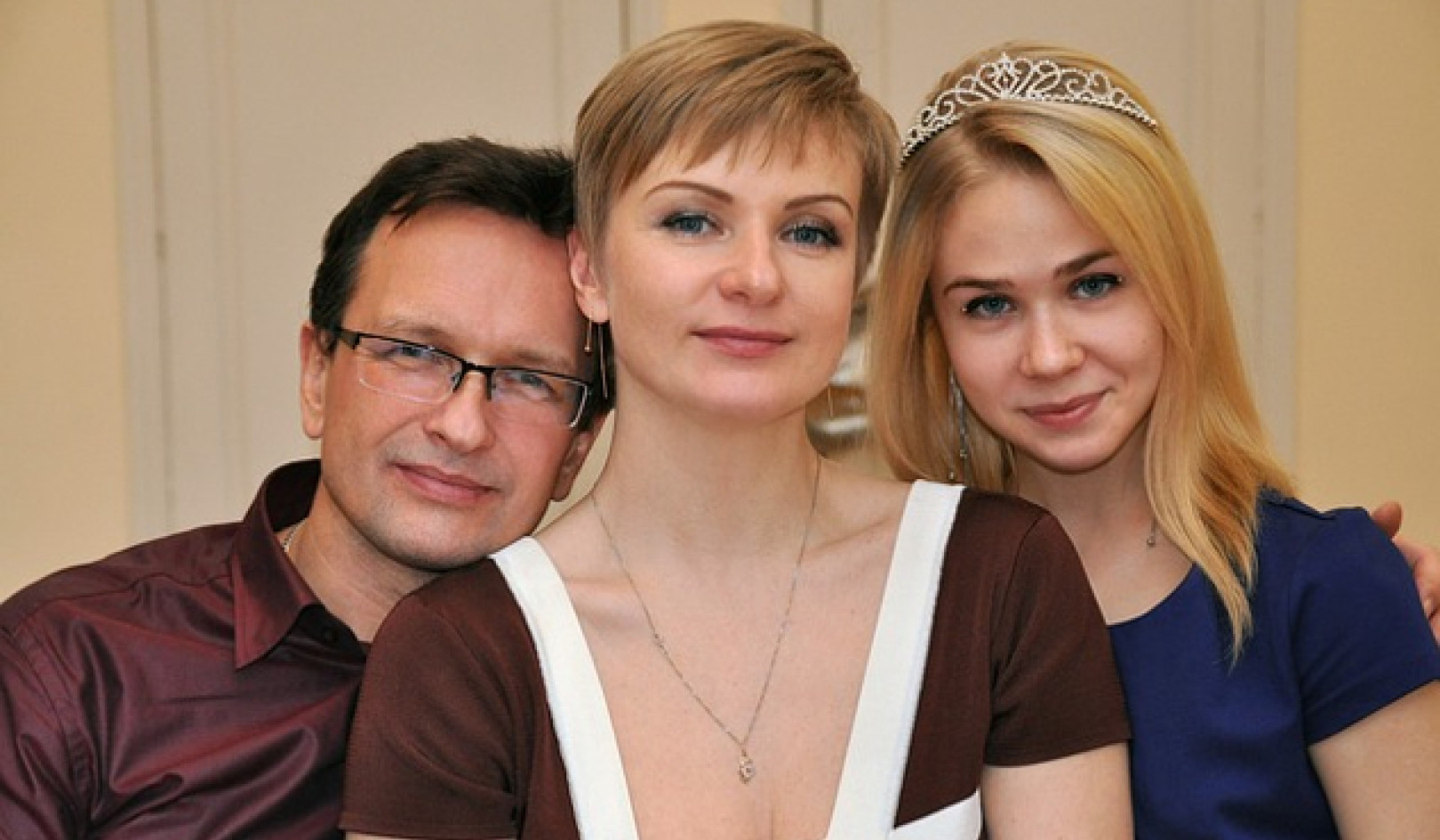
It is one of the most difficult passages: not to turn away from injustice and not to be dehumanized by the righteousness that injustice invokes. The question becomes: is it justice or healing that we need?
We have seen what centuries of retribution in the name of justice have done. We have doubled the number of dead. So let’s put down the myth that the angel of justice needs to be blind and cold of heart in order to do her work. The reverse is actually truer: justice that is lasting is only possible through a clear eye and open heart.
The Secret of Justice: Judgment or Compassion?
The secret of justice, it seems, waits not in judgment but compassion. By compassion, I do not mean the limited view of pity, which over-sympathizes with one aspect of a situation. Rather, compassion of the deepest sort requires the difficult practice of holding as many facets of truth as possible, while feeling for all the lives involved.
Justice informed by compassion reflects a maturity of heart that allows victims and perpetrators to face each other authentically. This deeper form of justice has the thief work at giving things away and the violent one dress wounds in emergency rooms.
The literal meaning of com-passion is to feel with. So perhaps we need to recast our image of justice. Perhaps she needs to take her blindfold off and put her scales down. Perhaps instead she must stand between the violated and the violator with a hand on each of their hearts, deeply listening.
Our Innate Capacity for Compassion & Empathy
Our capacity toward compassion is innate. Consider that within seventy-two hours of birth, a baby will not cry if it hears a tape recording of its own cry, but will start crying if it hears a recording of another’s cry. What does such a moment of empathy tell us?
The sociologist Heinz Kohut defines empathy as “the capacity to think and feel oneself into the inner life of another person.” Yet as we grow, we often start to perch alongside of life, watching while leaning on the rail of whatever values we were taught to uphold. Before we know it, we become cold messengers whose message is muted because of our detachment.
Quantum Physics: We Are In Relationship to Everything We Resist
One of the lessons of quantum physics is that it returns us to the spiritual fact that we cannot separate ourselves from what we know or want to know. Experience is not out there to observe, but something vital and emerging that we are always a part of. Irrevocably, we are in relationship to everything we ask about or resist.
Unconsidered and unfelt judgment often provides a way to remove ourselves from people and situations. When we feel justified in judging others, we give ourselves permission not to stay involved.
It’s seldom that simple. This is the hard gift of compassion, that it allows us to stay involved in a meaningful way with the living. It allows us to respond to the splendor and messiness of life.
Responding to the Messiness of Life with a Tender Heart
 We can turn to Abraham Lincoln as a strong example of someone who responded to the messiness of life.
We can turn to Abraham Lincoln as a strong example of someone who responded to the messiness of life.
In her article “The True Lincoln,” historian Doris Kearns Goodwin discusses Lincoln’s emotional strengths and recounts that:
Even as a child, he was uncommonly tenderhearted. He once stopped and tracked back half a mile to rescue a pig caught in a mire. Not because he loved the pig, recollected a friend, but “just to take a pain out of his own mind.”
We have all come upon something stuck in the mud by the side of the road. Most of us will stop to help. But it is important to understand why we save the mired pig. Are we hushing the symptoms of our anxiety or responding to the ache we all feel when encountering life under duress? It is hard to know the difference, for sure. But it is crucial to try and to make a practice of trying.
Being Led by Compassion -- Not By Anxiety
Ultimately, the urge to hush our anxiety is not the same as facing it. Ultimately, creating noise or a list of good deeds won’t keep us from ourselves or the fact that time is precious and that life will end.
Isn’t this at the heart of our noisy obsessions with fame and crisis? Isn’t it all a way to feel important and needed? In running from the basic questions of living, haven’t we become a society of firefighters whose identity of goodness so rests on putting out fires that we never face our secret life as arsonists?
Nevertheless, whatever situations we are left to mend, we all face the ache of trying to take a pain out of our mind, and the challenge of being led by our compassion and not our anxiety. Otherwise, we risk becoming all that we abhor. And if we keep setting fires with our judgment and putting them out with our guilt, the face of humanity will be scorched. This is the cost of our busy need to save each other and our righteous need to burn each other at the stake.
Having The Courage to Face Our Judgment, Anxiety, Resentments
Our endless dream of having the courage to face our judgment, our vengeance, our anxiety, our resentments and to live with them is captured in this ancient story told to schoolchildren in India. It is the lesson of the King Cobra, who grows the largest and lives the longest.
An ordinary cobra keeps spewing venom and so becomes a feared snake. But the King Cobra doesn’t bite and waste its poison. It retains, retains, and retains its venom so very patiently, with caution, in meditation for long, long years. Until the poison somehow condenses and solidifies into a diamond. When all its venom becomes a diamond, the King Cobra spits out the jewel that living has produced and dies in bliss.
Dare we understand this as our purpose? The diamond of love waits to be crystallized in each of us.
Reprinted with permission of the publisher, Conari Press,
an imprint of Red Wheel/Weiser, LLC. www.redwheelweiser.com.
©2007 by Mark Nepo. All rights reserved.
Article Source
Finding Inner Courage
by Mark Nepo.
 Mark Nepo's broad range of stories and people, of traditions and insights, offers myriad ways for readers to relate to their own search for courage. Each of the nearly 60 brief essays and stories elucidates and inspires.
Mark Nepo's broad range of stories and people, of traditions and insights, offers myriad ways for readers to relate to their own search for courage. Each of the nearly 60 brief essays and stories elucidates and inspires.
Click here for more info or to order this book.
About the Author
 Mark Nepo is a poet and philosopher who has taught in the fields of poetry and spirituality for over thirty years. He has published twelve books and recorded five CDs. His work has been translated into French, Portuguese, Japanese, and Danish. In leading spiritual retreats, in working with healing and medical communities, and in his teaching as a poet, Mark's work is widely accessible and used by many. He continues to offer readings, lectures, and retreats. Please visit Mark at: www.MarkNepo.com and www.threeintentions.com
Mark Nepo is a poet and philosopher who has taught in the fields of poetry and spirituality for over thirty years. He has published twelve books and recorded five CDs. His work has been translated into French, Portuguese, Japanese, and Danish. In leading spiritual retreats, in working with healing and medical communities, and in his teaching as a poet, Mark's work is widely accessible and used by many. He continues to offer readings, lectures, and retreats. Please visit Mark at: www.MarkNepo.com and www.threeintentions.com


























